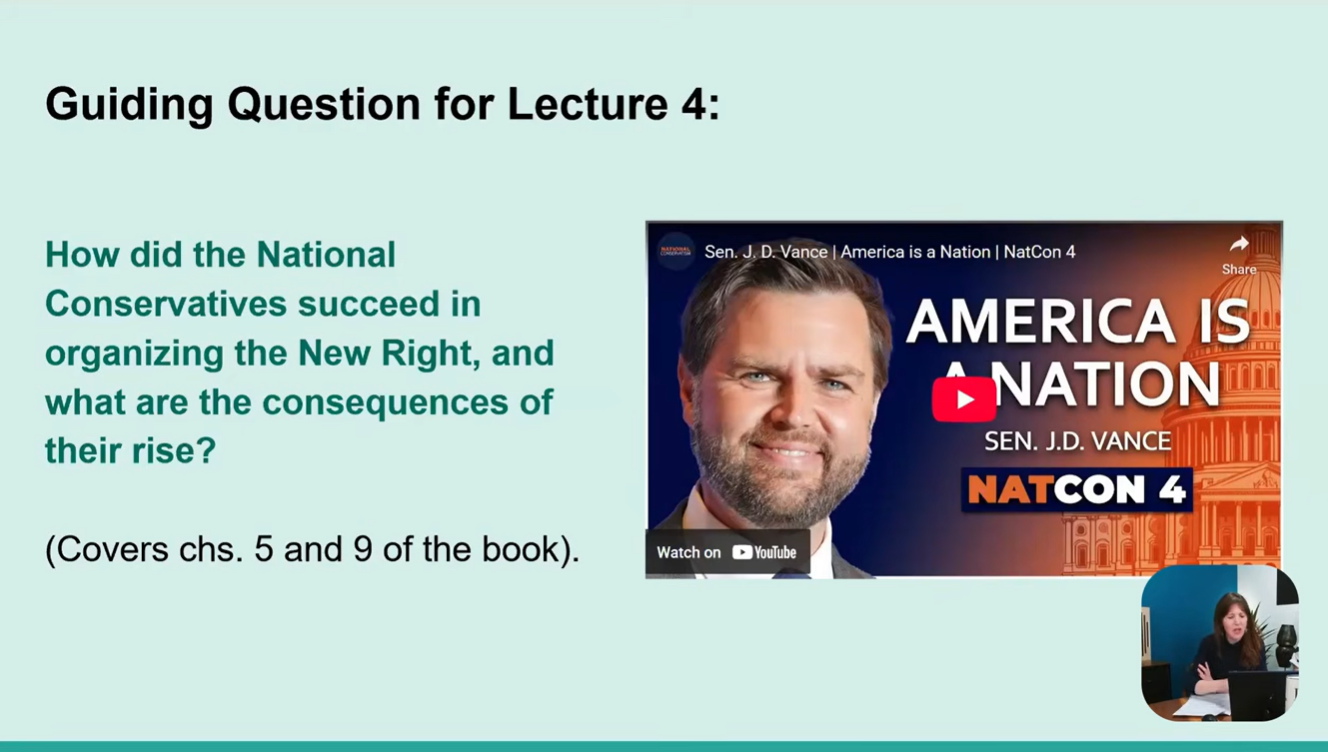That's how the Lawfare team opened its analysis of the flurry of news surrounding the now-infamous phone call between President Trump and Ukrainian President Volodymyr Zelensky, which has now become the center of an impeachment inquiry. Lawfare posted the memorandum of the Trump-Zelensky call and the declassified whistleblower complaint as the documents were released by the White House. Mikhaila Fogel posted video of Acting Director of National Intelligence Joseph Maguire’s congressional testimony focused on the handling of the whistleblower complaint, and Scott Anderson, Quinta Jurecic, Jacob Schulz and Margaret Taylor analyzed what took place during the hearing. Elena Kagan condensed the essential parts of Maguire's testimony into a bonus episode of The Lawfare Podcast:
David Kris also provided a comprehensive perspective on viewing the details of the whistleblower’s complaint. For a full understanding of how what we are calling L’Affaire Ukrainienne came to be, Schulz, Fogel, Gordon Ahl and Masha Simonova created a timeline of relevant events going back to March 2018.
As the news unfolded, Lawfare also released plenty of timely podcast coverage. First, on Monday, Lawfare convened a special edition of The Lawfare Podcast to cover the initial news of Trump's alleged pressuring of the Ukrainian president.
This week’s episode of Rational Security likewise shifted from the normal format to solely discuss L’Affaire Ukrainienne and the latest movements toward impeachment. The episode also featured the first-ever Rational Security live tweet, when Shane Harris revealed breaking news about Maguire's having considered resignation:
In the latest National Security Law Podcast, Steve Vladeck and Bobby Chesney shared their thoughts on the Ukraine scandal and the whistleblower:
Lawfare also posted a range of additional documents this week related to L’Affaire Ukrainienne. These include letter correspondence between the whistleblower’s counsel and Maguire; House Intelligence Committee Chairman Adam Schiff’s letter to Attorney General William Barr; a statement from Maguire before his testimony; and an opinion provided by the Justice Department's Office of Legal Counsel that the whistleblower complaint was not an “urgent concern.”
Alan Rozenshtein argued that when thinking about impeachment, people should focus on Trump’s failure to uphold his constitutional duties instead of on violations of specific legal statutes for now. In a similar vein, Hennessey, Jurecic and Benjamin Wittes discussed how Congress should focus its impeachment inquiry.
But L'Affaire Ukrainienne is not the only scandal Congress is investigating. Taylor analyzed Corey Lewandowski's appearance last week before the House Judiciary Committee regarding Lewandowski's involvement in the activity described in the Mueller report. Also related to the Mueller investigation, Schulz shared a judge’s recent decision to overturn the conviction of Bijan Rafiekian, a former business associate of Michael Flynn. And Wittes and Hennessey posted episode nine of Lawfare's podcast The Report, covering the earliest events Mueller evaluates as possible obstruction of justice by the president.
In addition to impeachment, plenty of other news took place over the last week, too. Jack Goldsmith announced the publication of his new book, “In Hoffa's Shadow: A Stepfather, a Disappearance in Detroit, and My Search for the Truth.” Goldsmith also sat down with John Fabian Witt in another episode of The Lawfare Podcast to talk about Witt’s new book “To Save the Country: A Lost Treatise on Martial Law," focused on the Civil War.
Meanwhile, David Priess spoke to Josh Campbell about his new book, “Crossfire Hurricane: Inside Donald Trump’s War on the FBI”.
Evelyn Douek considered how much power Facebook’s new independent Oversight Board will have over company policy, and Nathaniel Sobel summarized a recent ruling by the U.S. Court of Appeals for the D.C. Circuit holding that victims of the Office of Personnel Management data breach have standing to sue. Jake Laperruque wrote that the private sector has an important role in promoting transparency of facial recognition systems used by police. Finally, Susan Landau commented on an essay by NSA General Counsel Glenn Gerstell on upcoming and ongoing challenges from the digital revolution.
Focusing internationally, Narrelle Gilchrist warned of warning of potential renewed ethnic violence in Kenya and suggested some actionable policies to mitigate this risk. Amanda Sloat looked to what happens next on Brexit following the ruling by the British Supreme Court that the suspension of Parliament was unlawful. Meanwhile, Richard Altieri and Benjamin Della Rocca discussed the latest in U.S.-China relations in advance of expected trade talks in October.
Stephanie Leutert introduced her research in Brooks County, Texas where the sheriff granted her access to the files on 650 cases of migrant deaths there. In the second installment of the series, Leutert elaborates on who the migrants are and how they are coming to die in Brooks County.
Anderson and Wittes announced a FOIA request aimed at unpacking the mystery of whether or not the grand jury in former FBI Deputy Director Andrew McCabe's case declined to return an indictment. Paul Rosenzweig also analyzed the McCabe case, focusing specifically on whether a crime was committed by grand jury information being leaked to the press.
Ahl posted a decision by the U.S. District Court for the District of Columbia dismissing a lawsuit brought by a journalist challenging his alleged addition to the "kill list," on the basis of the state secrets privilege.
And that was the week that was.




